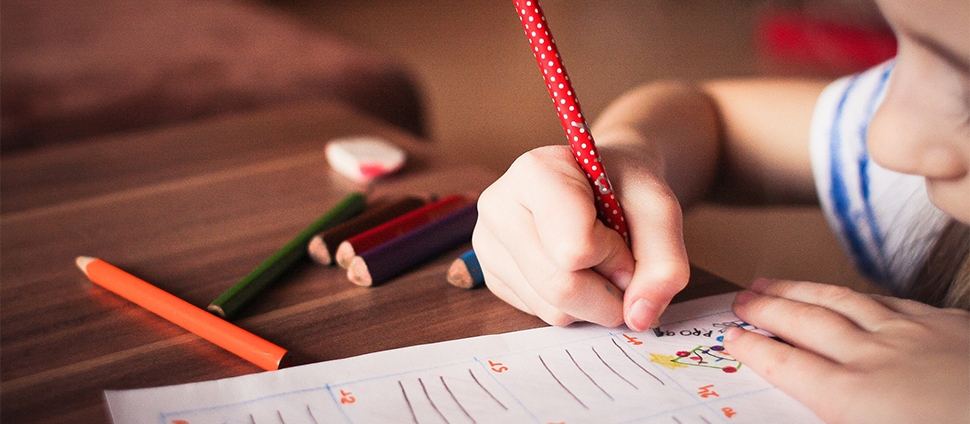-

Civilization, Beyond Our Fall
Seymour W. Itzkoff
Civilization, Beyond Our Fall explores the realities behind the rise and fall of historic civilizational ideals, especially on the fate of the Western vision. The book begins with the rise, durability, and fall of the historic civilizational profiles of humankind. It continues with the decline of the West, which from our perspective began with World War I and has continued at a faster pace in the 21st century. Itzkoff's prognosis for the next century or two is one of a dismal world of chaos, war, and deep pessimism throughout the world. The book concludes with a prediction of a world of scientific rationalism that will discard the ideologies, irrationalism, and selfishness that now characterize our elites. Here we leave dystopian realities for the perennial human hope of reason and for highly creative communities.
-

Our Unfinished Biological Revolution
Seymour W. Itzkoff
Seymour W. Itzkoff is one of the world's leading intelligence researchers. His exciting new book Our Unfinished Biological Revolution offers a bold and highly original new study on the evolution of human intelligence from the origin of life to our times. With the help of evolutionary theory, Itzkoff explains the nature of human intelligence as we know it today. Most importantly, it demonstrates that evolution led to the rise of what intelligence researchers call the general intelligence factor: the human ability to plan ahead and solve problems for which natural selection did not prepare us. The book also argues that humans vary in intelligence (as with all traits shaped by Darwinian evolution), and hence in their propensity to think abstractly and anticipate long-term consequences of their actions. Our Unfinished Biological Revolution explores the social implications of these two factors as they unfold in modern technological societies, in which intelligence plays an increasingly important role. Finally, the book argues that human intelligence may offer our best hope in solving the daunting problems of the present era―including population growth, the exhaustion of natural resources, and the rise of simplistic and devastating ideologies. Source: Publisher
-

From Oops to Aha: Portraits of Learning from Mistakes in Kindergarten
Maleka Donaldson
From Oops to Aha pulls back the curtain on learning from mistakes in four public school Kindergarten classrooms: urban, charter, Montessori, and suburban. With each chapter, the reader is transported directly into the daily lives of teachers and their students. The portraits offer poignantly-detailed, moment-by-moment illustrations of how teachers respond to mistakes and interact with students. At the micro-level, this perspective reveals how teachers’ beliefs, intentions, and instructional practices play out in context during daily life in the classroom. By juxtaposing the true stories of the lives of Kindergarten teachers and children, Donaldson makes plain that even in this very early grade, there is a wide and striking range of children’s interpersonal and learning experiences in school. All Kindergarten classrooms are not the same; the nuanced way teachers respond to mistakes in the moment is impacted by access to resources and by policies enacted at a broader level. This book will inform and inspire readers to reexamine preconceived notions of mistakes, feedback, and early childhood learning and teaching, and to reconsider their impact on educational equity.
Printing is not supported at the primary Gallery Thumbnail page. Please first navigate to a specific Image before printing.



